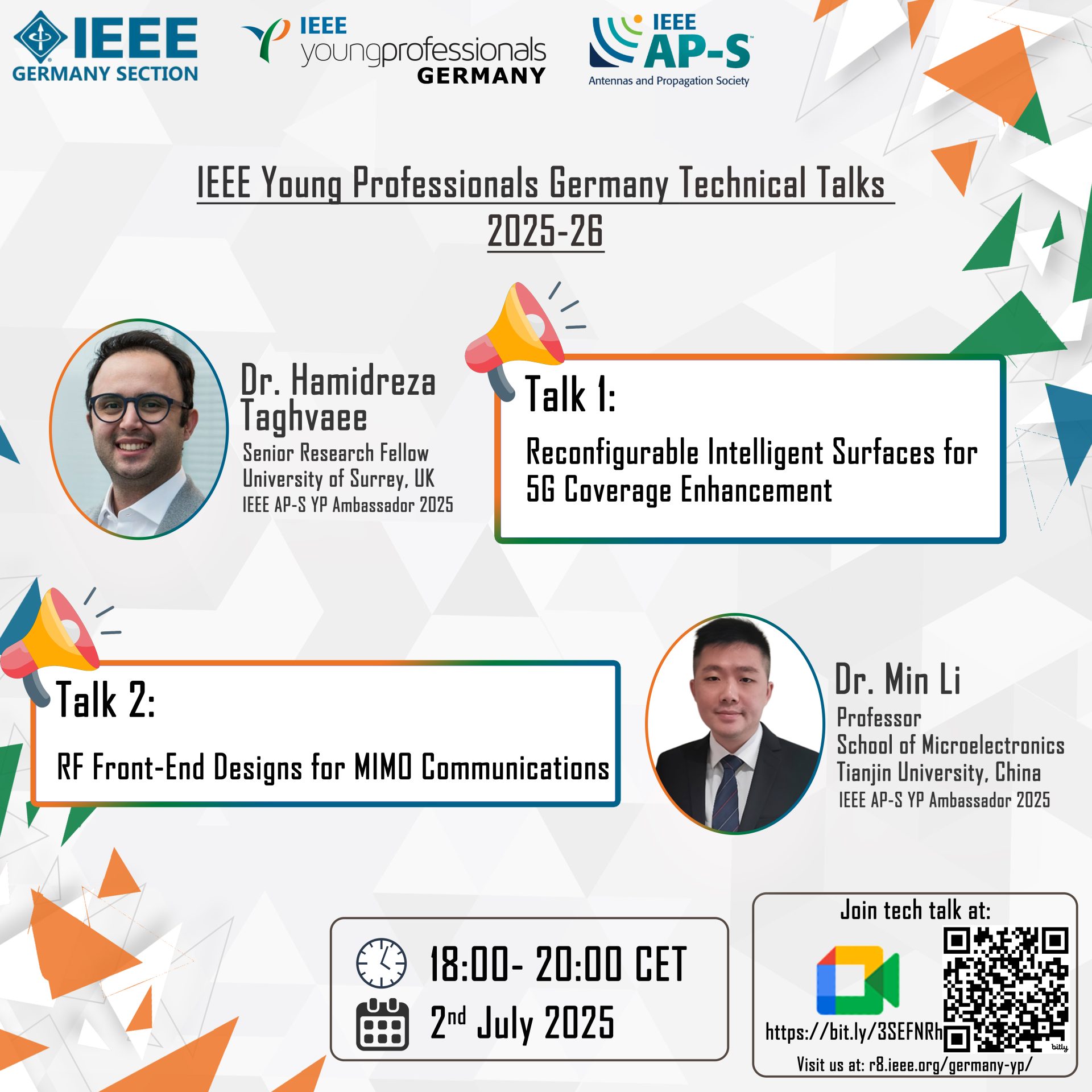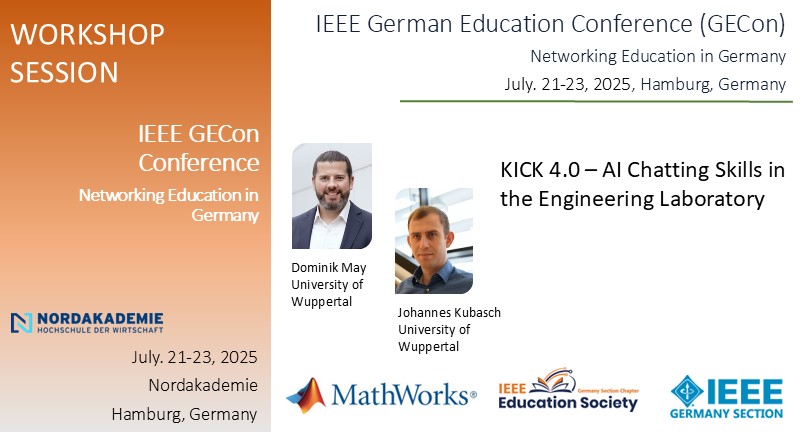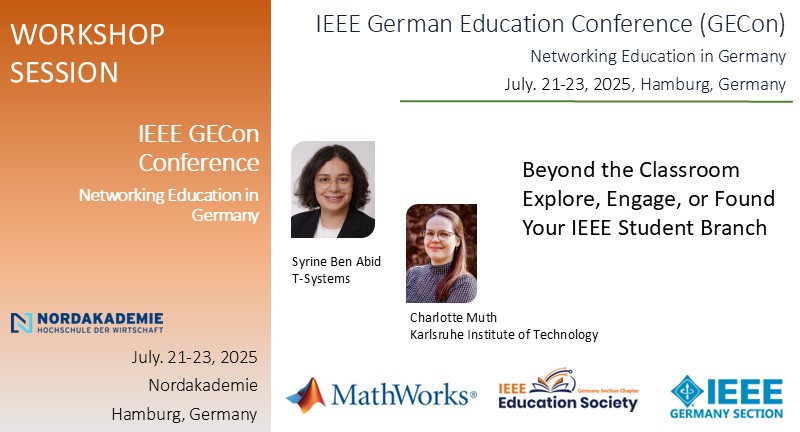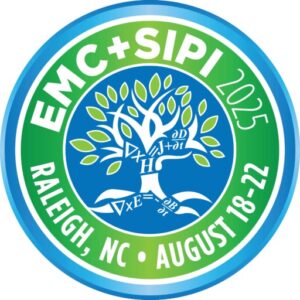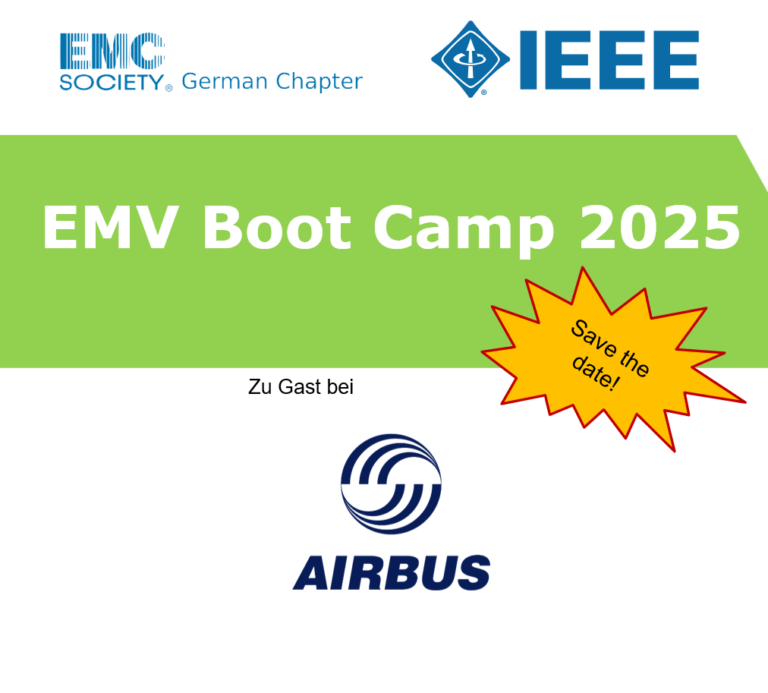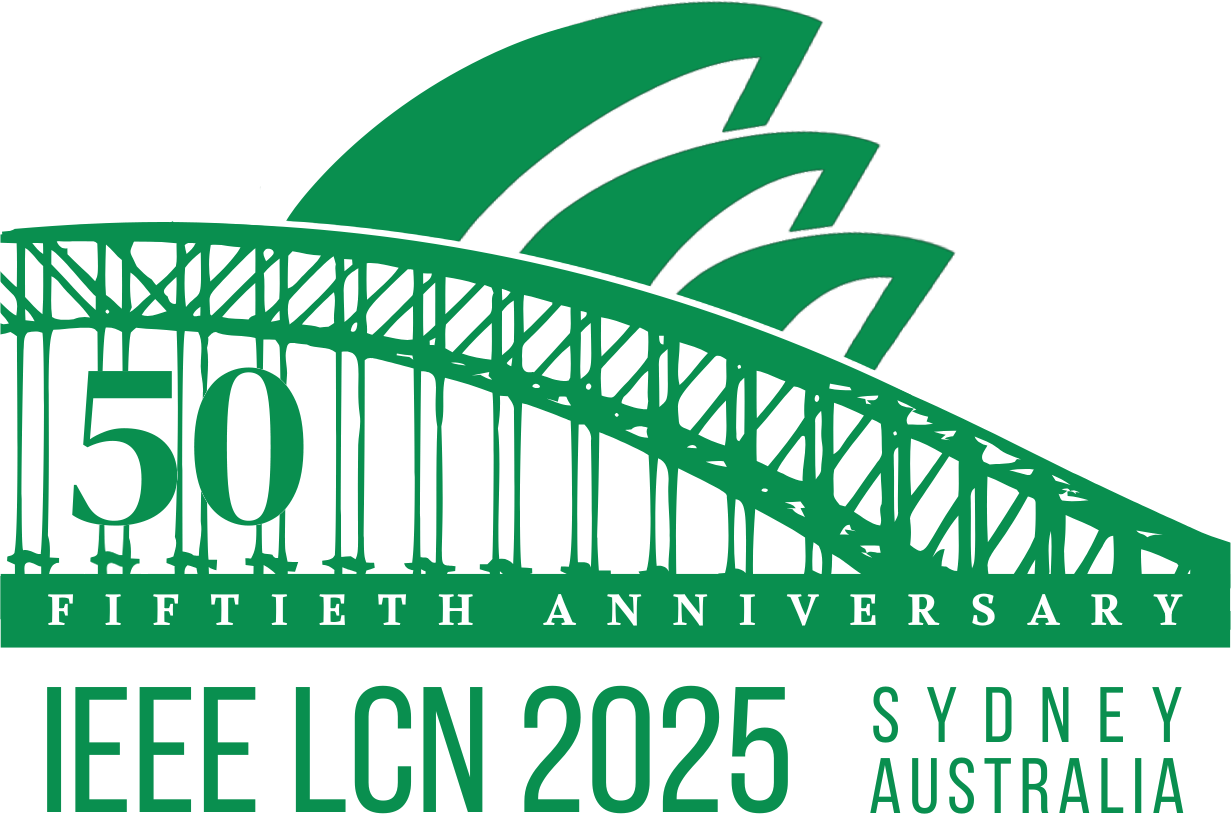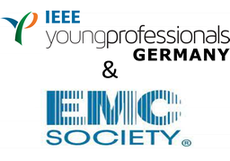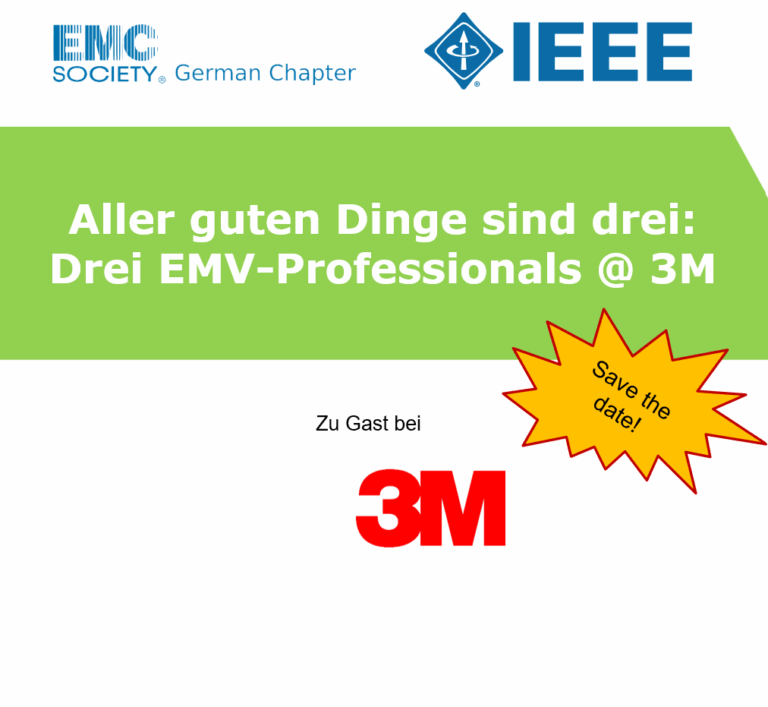GECon 2025 Workshop: KICK 4.0 – AI Chatting Skills in the Engineering Laboratory
Hamburg , GermanyGECon 2025: Workshop Announcement KICK 4.0 – AI Chatting Skills in the Engineering Laboratory Join us for an interactive workshop exploring how generative AI tools like ChatGPT can transform student learning in engineering labs. Based on the interdisciplinary project KICK 4.0, this session introduces pedagogical strategies to help students critically and effectively collaborate with AI systems while solving real-world problems in fluid mechanics. 👨🏫 Led by: Johannes Kubasch, University of Wuppertal Prof. Dr.-Ing. Dominik May, University of Wuppertal 👥 Who should attend? Educators and researchers in engineering and STEM education, interested in leveraging AI to foster collaborative, agile, and self-directed learning in lab settings. 🛠️ Workshop Structure: Project introduction and theoretical background Group discussions on pedagogical, organizational, and technical aspects Development of initial guidelines for AI integration in engineering education This workshop is part of a two-year collaboration between TU Dortmund University and University of Wuppertal, supported by the Stiftung Innovation in der Hochschullehre (Germany). Let’s shape the future of engineering education—together! Follow our posts on our webpage: https://attend.ieee.org/gecon-2025/ Linkedin: https://www.linkedin.com/company/ieee-german-education-conference-gecon/?viewAsMember=true
GECon 2005 Workshop: Beyond the Classroom: Explore, Engage, or Found Your IEEE Student Branch
Hamburg , Germany🎓 GECon 2005: Workshop Announcement Beyond the Classroom: Explore, Engage, or Found Your IEEE Student Branch Are you a student or educator passionate about empowering students to go beyond textbooks and lectures? This workshop introduces the world of IEEE Student Branches—student-led hubs that foster innovation, collaboration, and leadership in engineering and technology. 🚀 What to Expect: Discover the benefits of starting or joining a Student Branch Learn how to found and sustain a branch, with real-world strategies Explore inspiring student-led projects and success stories from across IEEE 🎤 Facilitators: Syrine Ben Abid, ML Engineering Consultant at T-Systems and founding Chair of the IEEE TU Darmstadt Student Branch Charlotte Muth, Ph.D. candidate at KIT and executive committee member of the IEEE Student Branch at Karlsruhe Whether you're looking to launch a branch or energize an existing one, this session offers practical insights and motivation to help you make it happen. Join us and discover how Student Branches can transform your academic journey and professional future. Follow our posts on our webpage: https://attend.ieee.org/gecon-2025/ Linkedin: https://www.linkedin.com/company/ieee-german-education-conference-gecon/?viewAsMember=true
2025 IEEE International Symposium on EMC+SIPI
2025 IEEE International Symposium on EMC+SIPI August 18 – 22, 2025, Raleigh, North Carolina, USA EMC+SIPI 2025 Symposium (emc2025.org)
2025 EMV Boot Camp – Fokus: EMV am Antriebsstrang
Hamburg , GermanyAirbus Kreetslag 10 21129 Hamburg-Finkenwerder 14. + 15.10.2025 Event Details
The 50th IEEE Conference on Local Computer Networks (LCN) October 14-16, 2025, Sydney, Australia
The IEEE LCN conference is the premier conference on theoretical and practical aspects of computer networking. LCN is highly interactive, enabling an effective interchange of results and ideas among researchers, users, and product developers. Major developments from high-speed networks to the global Internet to specialized sensor networks have been reported at past LCNs. Please join us for LCN 2025, our 50th annual meeting, in Sydney, Australia! https://www.ieeelcn.org/ Important Dates Paper Registration: April 20, 2025 (AoE) Paper Submission: April 27, 2025 (AoE) Paper Acceptance Notification: July 1, 2025 (AoE) Final Paper Due: August 1, 2025 (AoE)
IEEE EMC Young Professional Day
Meet and connect with fellow young professionals during this year’s IEEE Young Professionals Event in Berlin, Germany. Participate in a guided tour at the Fraunhofer Institute for Reliability and Microintegration (Fraunhofer IZM) which includes a look at their anechoic chamber, power electronics lab, and packaging & prototyping line. Join us for our social event afterwards! Date: 23.10.2025 Event Details
Aller guten Dinge sind drei: Drei EMV-Professionals @ 3M
NeussSchirmungsaspekte im Automobilbereich IEEE EMC Society German Chapter zu Gast bei 3M Carl-Schurz-Str. 1, 41453 Neuss 06.11.2025, 12:00 – 17:00 CEST Event Details

